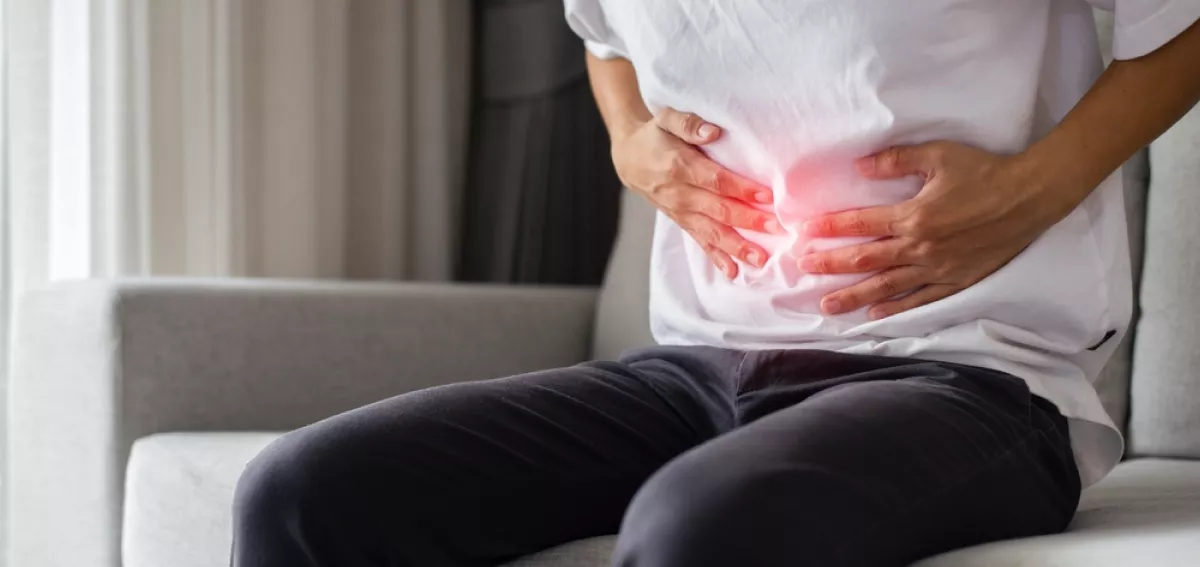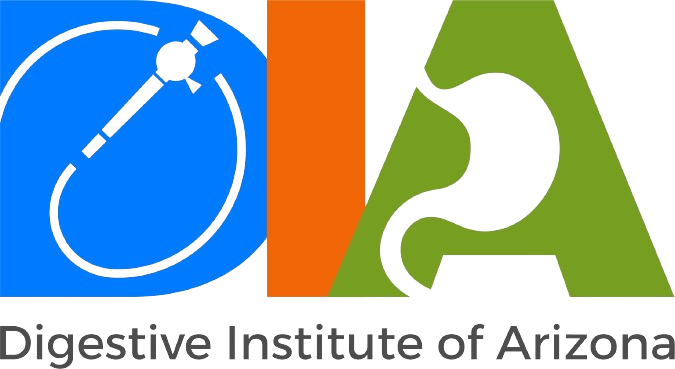
Bloating: Treatment, Causes, Symptoms, and Foods to Avoid
May 24, 2025
It’s quite common to find oneself complaining about bloating, but what exactly is this affliction? Bloating is a common and more than just temporary discomfort. It’s a signal of potential problems with the digestive system and an imbalance within one’s diet. Bloating can bring about noticeable inconvenience, swelling of the abdomen, and minor pain.
The pain can be occasional but persistent. Understanding the symptoms and causes is essential to treat bloating correctly. This piece is focused on exploring the basic understanding of bloating, its causes, and treatment options. By diving deeper into the treatment options, we aim to find ways to control it and help you feel your best with effective bloating relief.
What is Bloating & What Causes It?
As aforementioned, bloating is a medical condition that can cause minor pain and stiffness in the belly. It is accompanied by gas and visible swelling. It can be recognized by changed bowel movements and loss of appetite. It’s a common condition among the elderly and pregnant women.
While occasional bloating is a common condition, consistent symptoms can point to an underlying condition needing medical attention. The condition is usually caused by excess gas, slow digestion, certain eating habits, or sometimes even stress. It’s important to differentiate between bloating, weight gain, and fluid retention to get the appropriate care and effective treatment.
What are the Causes of Bloating?
Identifying what causes bloating can be challenging, as several factors can cause different symptoms and issues. Some of the most common contributors include:
- Gas
- Dietary Habits
- Foods that Cause Bloating
- Cruciferous vegetables: broccoli, cauliflower, cabbage.
- Legumes: lentils, chickpeas, and beans.
- Dairy products (for those with lactose intolerance).
- Artificial sweeteners like sorbitol and xylitol.
- Hormonal Changes
- Digestive Disorders
- Irritable Bowel Syndrome (IBS)
- GERD
- Inflammatory Bowel Disease (IBD)
- Small Intestinal Bacterial Overgrowth (SIBO)
- Celiac Disease
- Pancreatic Insufficiency
- Gastrointestinal Infections
- Functional Abdominal Bloating and Distention
- Psychological Stress
- Acid Reflux or Heartburn
Symptoms of Bloating
While bloating itself is a symptom, it often comes with additional signs. Tracking when these symptoms occur – before, during, or after eating – can provide valuable insights into their root causes and appropriate treatment approach.
- A visibly swollen or distended abdomen
- Pressure or fullness after eating
- Excessive gas
- Frequent burping
- Mild to sharp abdominal pain
- Temporary changes in bowel habits, such as constipation or diarrhea
- Early satiety during meals
Ways to Prevent Bloating
Preventing bloating is often easier than treating it after it occurs. Here are some short and long-term options to avoid bloating.
- Increase physical activity
- Relax your body
- Give yourself an abdominal massage
- Eat smaller meals throughout the day
- Increase fiber intake
- Cut down on sodium
- Quit smoking
- Manage stress proactively
- Modify beverage intake
Treatment Options for Bloating
When bloating strikes, knowing how to alleviate it quickly and effectively becomes essential. Treatment often requires a combination of dietary, pharmaceutical, and lifestyle strategies.
Adjust Your Diet
Eliminating or reducing problematic foods, especially those high in FODMAPs, can dramatically ease symptoms. Gradual reintroduction of foods under the guidance of a dietitian can further pinpoint specific triggers.
Consider Over-the-Counter Solutions
- Simethicone products: Break up gas bubbles in the stomach and intestines.
- Activated charcoal tablets: May absorb excess gas, although evidence is mixed.
- Digestive enzymes: Supplements such as lactase or alpha-galactosidase can help break down troublesome foods.
Herbal Remedies
- Peppermint oil capsules
- Chamomile tea
- Fennel seed tea
Lifestyle Modifications
Adopt postural practices after meals, such as maintaining an upright position to facilitate natural gastric emptying. Avoid eating just before bedtime and ensure that you thoroughly chew your food to aid digestion.
When to See a Healthcare Provider for Bloating?
While occasional bloating is usually harmless, persistent or severe cases warrant medical evaluation. You should consult a healthcare provider if you experience:
- Bloating that lasts for more than a week
- Intense abdominal pain
- Unexplained weight loss
- Bloody stools or black, tarry stools
- Persistent nausea
- Signs of infection, such as fever
Foods to Avoid for Bloating Relief
Certain foods are more likely to cause gas, water retention, or slow digestion, leading to bloating. Avoiding or limiting these can significantly reduce symptoms:
1. High-FODMAP Foods
These fermentable carbs can be hard to digest for many:
- Onions, garlic
- Apples, pears, watermelon
- Wheat, rye, barley
- Legumes: lentils, beans, chickpeas
2. Cruciferous Vegetables
Though healthy, they can cause gas:
- Broccoli
- Cauliflower
- Cabbage
- Brussels sprouts
3. Dairy Products
For those with lactose intolerance:
- Milk
- Cheese
- Ice cream
- Yogurt
4. Carbonated Drinks
These add excess air into your digestive tract:
- Soda
- Sparkling water
- Beer
5. Artificial Sweeteners
Hard to digest and often lead to gas:
- Sorbitol
- Mannitol
- Xylitol (commonly found in sugar-free gums and candies)
6. Salty Processed Foods
High sodium can lead to water retention and abdominal puffiness:
- Packaged snacks
- Fast food
- Canned soups and meals
Conclusion
Bloating is a common condition, often misunderstood as a digestive symptom. By deepening our understanding of what causes bloating and learning proactive measures for prevention, it’s possible to restore digestive health. The effective bloating treatments shared in this piece can help you nurture your body with proper nutrition, manage stress, and support gut health. With the right strategies, you can transform bloating from a daily challenge to a rare inconvenience.
FAQs
1. Do probiotics help with bloating?
A. Yes. Probiotics can help promote a healthier balance of gut bacteria and improve digestion, thereby reducing symptoms of gas and bloating.
2. Does green tea help with bloating?
A. Absolutely. There are natural antioxidants in green tea that aid digestion and reduce inflammation.
3. Does kombucha help with bloating?
A. Kombucha is known to support gut health thanks to its probiotic content. However, due to its carbonation and potential sugar content, some individuals might experience increased bloating when consumed in excess.
4. Does coffee cause bloating?
A. In the majority of conditions, coffee can trigger bloating by increasing stomach acid production.
5. Does GERD cause bloating?
A. Yes, gastroesophageal reflux disease (GERD) can indirectly contribute to bloating. Acid reflux often disrupts normal digestion and can slow gastric emptying, resulting in feelings of fullness and abdominal distension.
